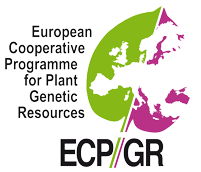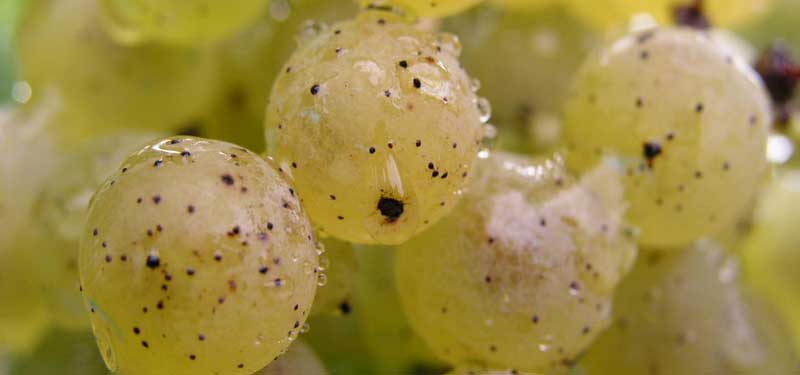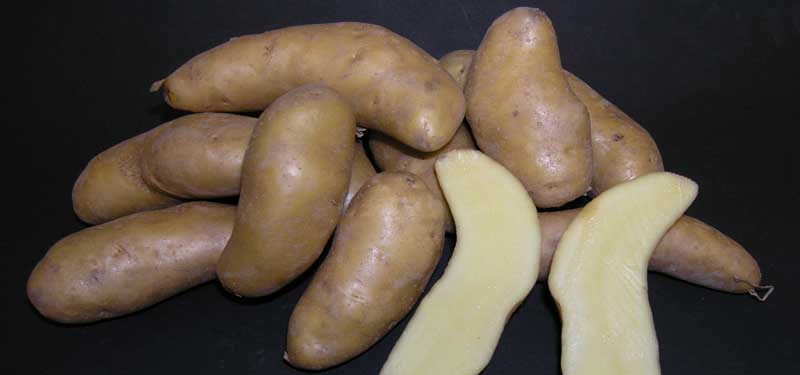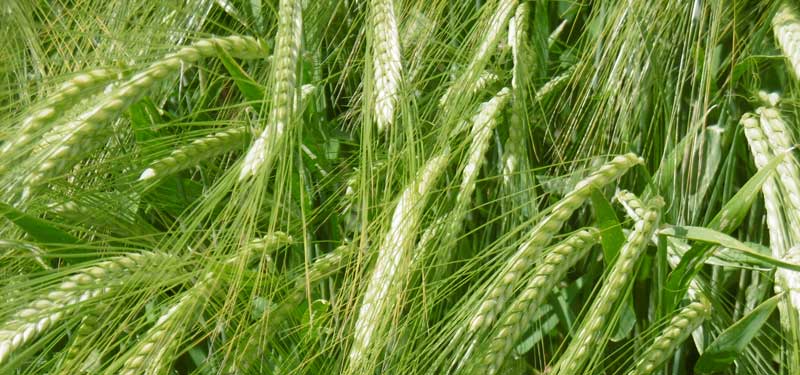AEGIS - A European Genebank Integrated System
AEGIS is the ECPGR initiative aiming to efficiently conserve and provide access to unique germplasm in Europe through the establishment of the European Collection. European governments can become AEGIS members and contribute to the decentralized European Collection by identifying genetically unique accessions, labeling them as part of AEGIS, conserving them at agreed quality standards in the Associate Member genebank/institutions and making them available in accordance with the terms and conditions (SMTA) set out by the FAO International Treaty on Plant Genetic Resources for Food and Agriculture.
The 'New AEGIS' project
Funded by the German Federal Ministry of Food and Agriculture, the project aims to strengthen AEGIS by improving quality and transparency in its Associate Member genebanks through the preparation of genebank manuals, publication of Standard Operating Procedures, development of agreed genebank metrics, and peer support. The project will also reinforce EURISCO by including dispersed phenotypic data from previous European projects.
Genebank capacity building peer visits
Visiting and reviewing each other’s genebanks contributes to improving the quality of genebanks. After each visit, a report is written with observations and recommendations.
The first cycle of mutual visits began in 2019 and continues today.
The resulting reports are available here.
Latest News More
Hungary joins AEGIS for the first time with 559 accessions
The total number of contributing countries to AEGIS rises to 26
Strengthening plant genetic resource conservation and access: the ‘New AEGIS’ project
A new German-funded project will improve transparency, data integration and genebank standards of AEGIS members and increase EURISCO coverage.
New AEGIS accessions from Germany
With 47,016 new accessions from Germany, the European Collection now holds 121,988 accessions




